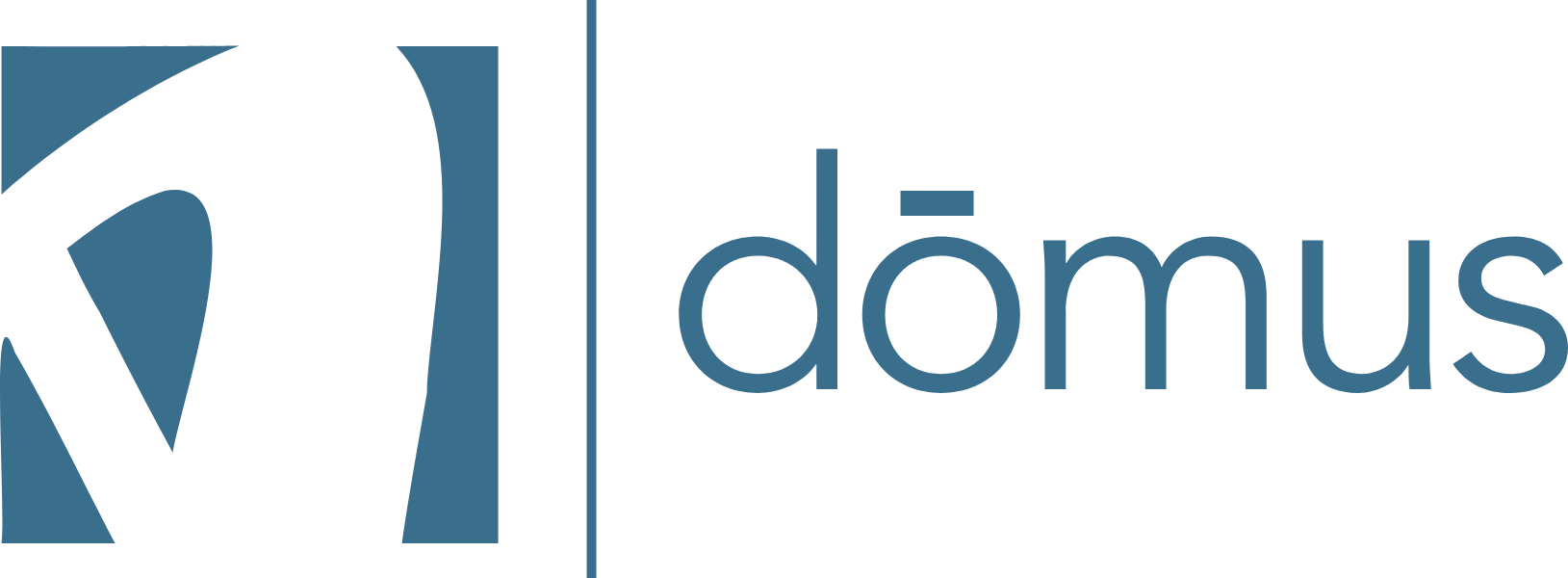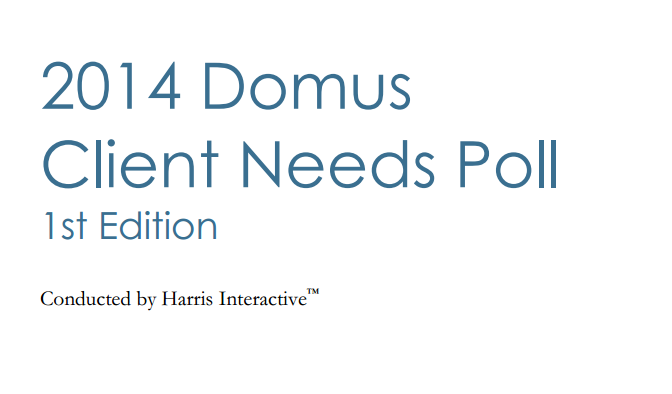Correlation Does Not Imply Causation
March 15, 2010The Revenue Solution for Small Retailers
March 25, 2010The title of a new article on Chadwick Martin Bailey’s web site is “Engaging Customers via Social Media Makes Them More Likely to Buy, Recommend.” The basis for this article is the result of their survey where 50% of the people indicated that, once they became Facebook/Twitter fans/follwers of different brands, they were more likely to buy and recommend than before.
There are two basic problems with this research, though. First, this asks people whether or not they are more likely to buy or recommend, but no study was actually done to see if they were truly more likely. Next – and this is the bigger problem as well as the point of this post – is that CMB confused correlation with causation. Even if people were more likely to buy/recommend, that doesn’t mean that engaging (becoming fans/followers) CAUSED them to be more likely. Rather, the fact that they became more likely to buy/recommend might have led them to also become fans, not the other way around.
Unless the survey has other components that can show causation, this has to be chalked up to yet another misleading study caused by a lack of statistical understanding.
Domus is a Philadelphia advertising agency, public relations firm, and internet marketing agency. For more information, visit us at http://www.domusinc.com.



